The Quantum TLC Eindhoven is focused on enhancing education in the field of quantum technology, with a particular emphasis on quantum information and quantum sensing, leveraging the region's expertise. Our objective is to synchronize and coordinate our initiatives with the broader quantum ecosystem in the Eindhoven Brainport area, thereby facilitating the integration and advancement of quantum technology education both regionally and nationally, in collaboration with other quantum TLCs.

A seamless quantum learning pathway—from primary school to career changers—built on Brainport’s strengths and anchored by partnerships with the Hendrik Casimir Institute, universities (WO/HBO) and vocational colleges (MBO).

Targeted workshops and modular courses that make quantum information and sensing accessible at every educational stage, feeding skilled graduates directly into regional photonics start-ups and established companies.

A coordinating center for the Dutch Quantum TLC network that links local institutions with international partners, driving cross-border innovation and enhancing Brainport’s global quantum visibility.

ICMS and EHCI proudly present the Nobel Prize evening of 2023 with the newly introduced Quantum Talent and Learning Center (Joint between Fontys and TU/e) supported by Quantum Delta. Due to the bold presence of quantum in the winning topics, this is an excellent moment to join us for a remarkable night of talks around the three Nobel Prize-winning topics in 2023.

Quantum technology developed over a hundred years of exciting experiments that won several Nobel Prizes. You can experience them along with other key experiments to see whether you like to move quantum!
We offer a quantum game experience to introduce quantum concepts to a community, school, or company by setting up and guiding the audience on how to play up to 10 games in a day and learn and increase their quantum enthusiasm. Contact us if you are interested!
Building quantum computers demands the expertise of vocational students. Our mission with AL-3 is to bridge universities, colleges, and vocational schools. The Leidse Instrumentmakers School (LiS) plays a pivotal role, using growth fund resources to nationally coordinate vocational education, focusing on qualification assessment and fostering institutional collaborations.
Learn about the fundamentals and engineering ofquantum communications, quantum cryptographyand practical applications!
Learn about the fundamentals and engineering ofquantum communications, quantum cryptographyand practical applications!
At TU/e, we develop quantum technologies that create possibilities beyond classical counterparts in computation, communication, and sensing, while also advancing quantum materials and exploring fundamental quantum physics. Research within the track combines applied and theoretical work in quantum physics and information, coding theory, and quantum cryptography with experimental breakthroughs in quantum materials, sensing, and photonic devices, culminating in the development of full-stack scalable quantum computers based on neutral Rydberg atoms.
This master's programme is a joint degree offered by four Dutch universities of applied sciences: Amsterdam University of Applied Sciences, Fontys University of Applied Sciences, Saxion University of Applied Sciences and The Hague University of Applied Sciences.Each partner university brings its own area of expertise within quantum technology. To fully participate, you’ll need to travel between the different locations.
The minor Quantum Safe Cryptography works with the technology of the future: quantum computers. The minor focuses on developing both the hardware and the software skills of students in a multidisciplinary environment. The software side of the track will focus on fundamental principles of cryptography, where you learn how to encrypt and decrypt data in a safe way. One of the major topics here is post-quantum cryptography. The hardware side of QSC will be explored through the field of quantum key cryptography.
As an applied physicist, you explore how the world works, uncovering patterns in nature and turning them into technological innovations. The Bachelor’s in Applied Physics introduces you to the surprising properties of light, sound, heat, flow, and particles, and challenges you with questions like:What can you do with magnetism?How does lightning form?How can lasers be applied?The program equips you with the knowledge, analytical skills, and problem-solving mindset needed to become a successful physics engineer.
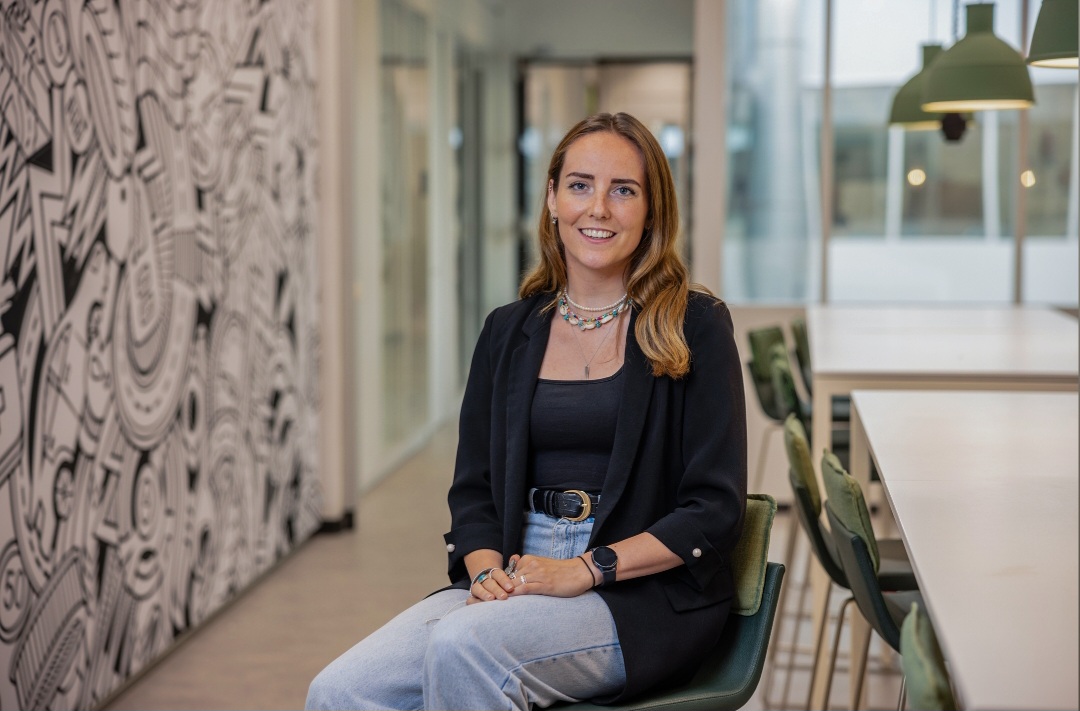

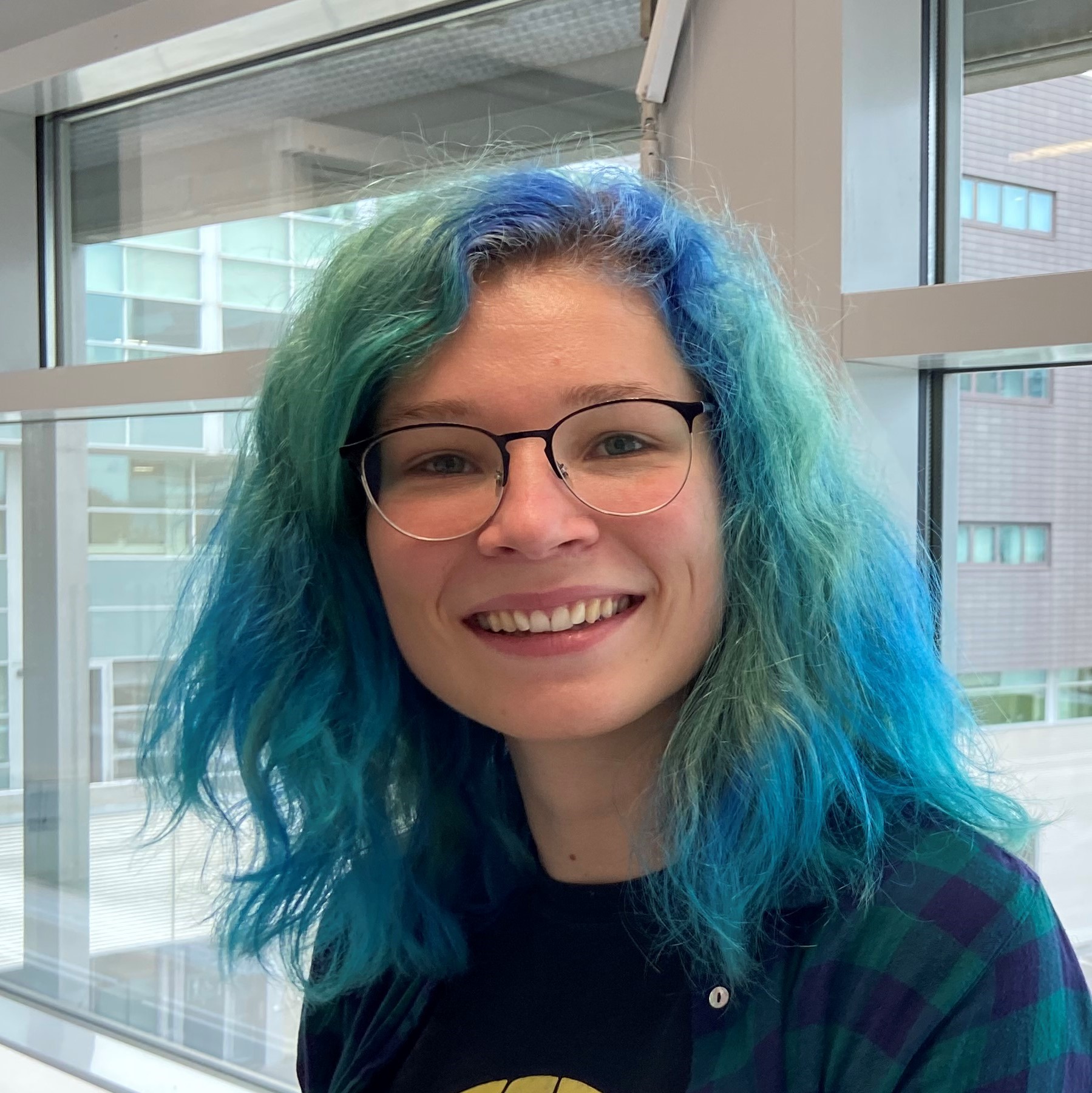
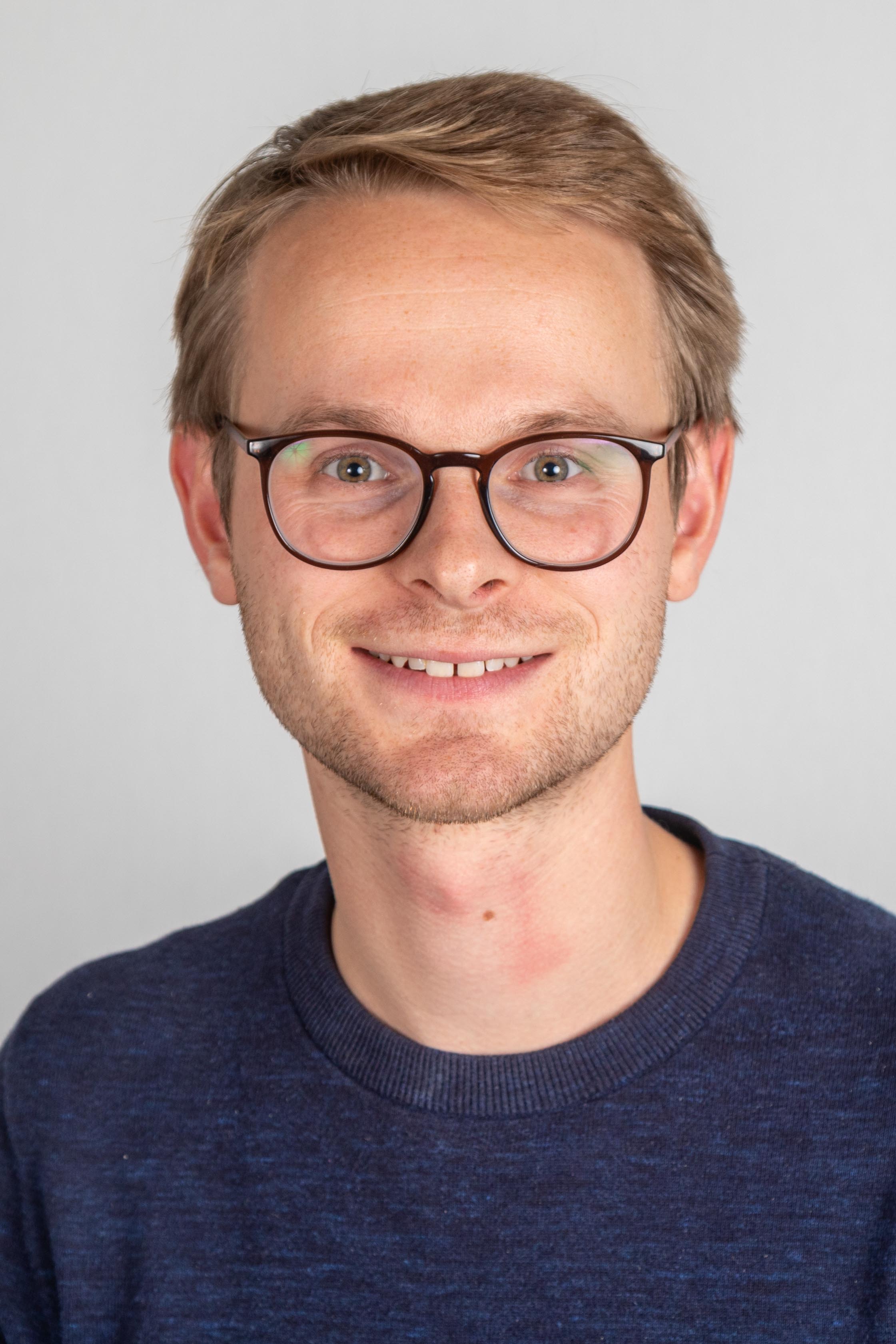
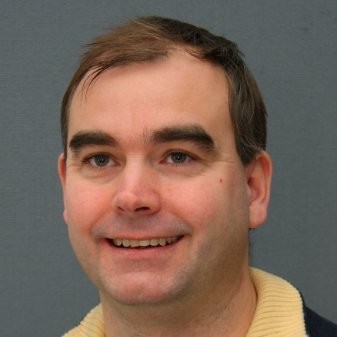
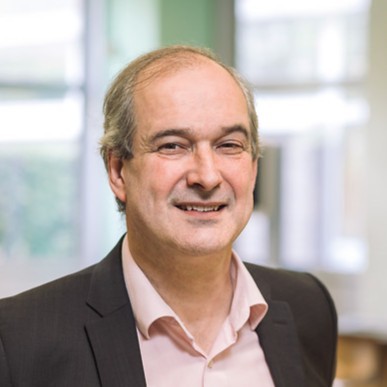
.jpg)